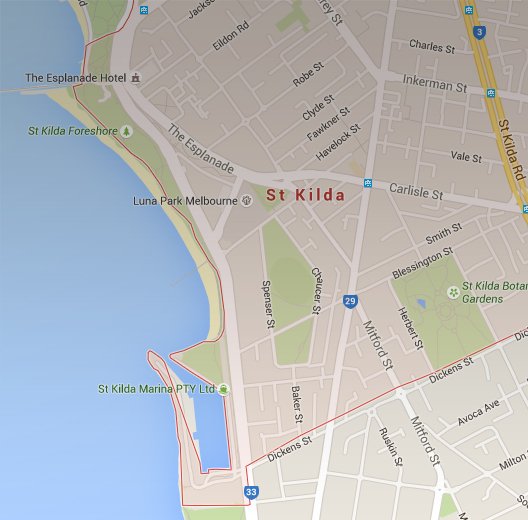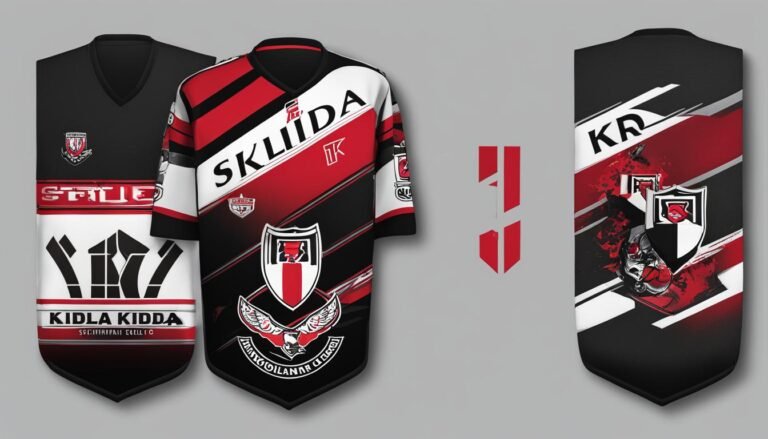
Explore the unexplored, hear the untold of ST Kilda!
Dive into the enchanting world of St Kilda Beach with us. With StKildaBeachNightMarket, you don’t merely visit; you’ll gather experience. Uncover hidden gems, listen to whispered tales, and immerse yourself in the captivating cultural tapestry of this vibrant Melbourne suburb.

St Kilda Beach At A Glance
Experience the rhythm of St Kilda Beach!
Welcome to StKildaBeachNightMarket – your definitive guide to St Kilda Beach, Melbourne. We deliver comprehensive, curated content on St Kilda’s attractions, safety, festivals, dining, and more. Navigate this vibrant locale with our insightful articles, ensuring an enriched experience. Explore the St Kilda Beach magic with us – because at StKildaBeachNightMarket, you’re not just a tourist but an empowered explorer.





Blog
Our Latest Blog
Discover our latest insights on St Kilda’s vibrant scene in our most recent blog post. Dive in for exclusive information, tips, and inspiration to make your St Kilda Beach experience truly unforgettable.
As you traverse the bustling streets of the Melbourne central business district, you’re enveloped in a microcosm that embodies…
For those seeking an unconventional Melbourne outdoor activity, the St Kilda Mangrove Trail presents a rare opportunity to delve…
Immerse yourself in the rich tapestry of Melbourne’s cultural scene at the Esplanade Hotel St Kilda, an emblematic beacon…
Welcome to our comprehensive guide on Melbourne tram route 96! Whether you’re a local resident or a visitor exploring…
If you’ve ever found yourself longing for the poetic meandering of Australian music, you’re likely familiar with the hum…
Step into the heart of Melbourne’s vibrant history at St Kilda Town Hall Melbourne, a prestigious historical landmark where…
If you’ve ever set foot in Melbourne, you’re likely aware that the city isn’t just about coffee and culture—it’s…
Tucked away in the vibrant precinct of St Kilda, Melbourne, stands the Sacred Heart Church, an edifice of spiritual…
Wander down the energetic artery of Chapel Street St Kilda, Melbourne, and let the eclectic mix of experiences envelop…
Welcome to the bustling heart of Melbourne’s performing arts scene, where the Red Stitch Actors Theatre—a gem in St…
Are you looking for a sports club in St Kilda that offers a wide range of activities for both…
Are you looking for an exhilarating water sport experience in Melbourne? Look no further than the St Kilda Stand…
Do you need any further information?
Tap on the contact us button for queries regarding ST Kilda Beach. We are here to assist you.











